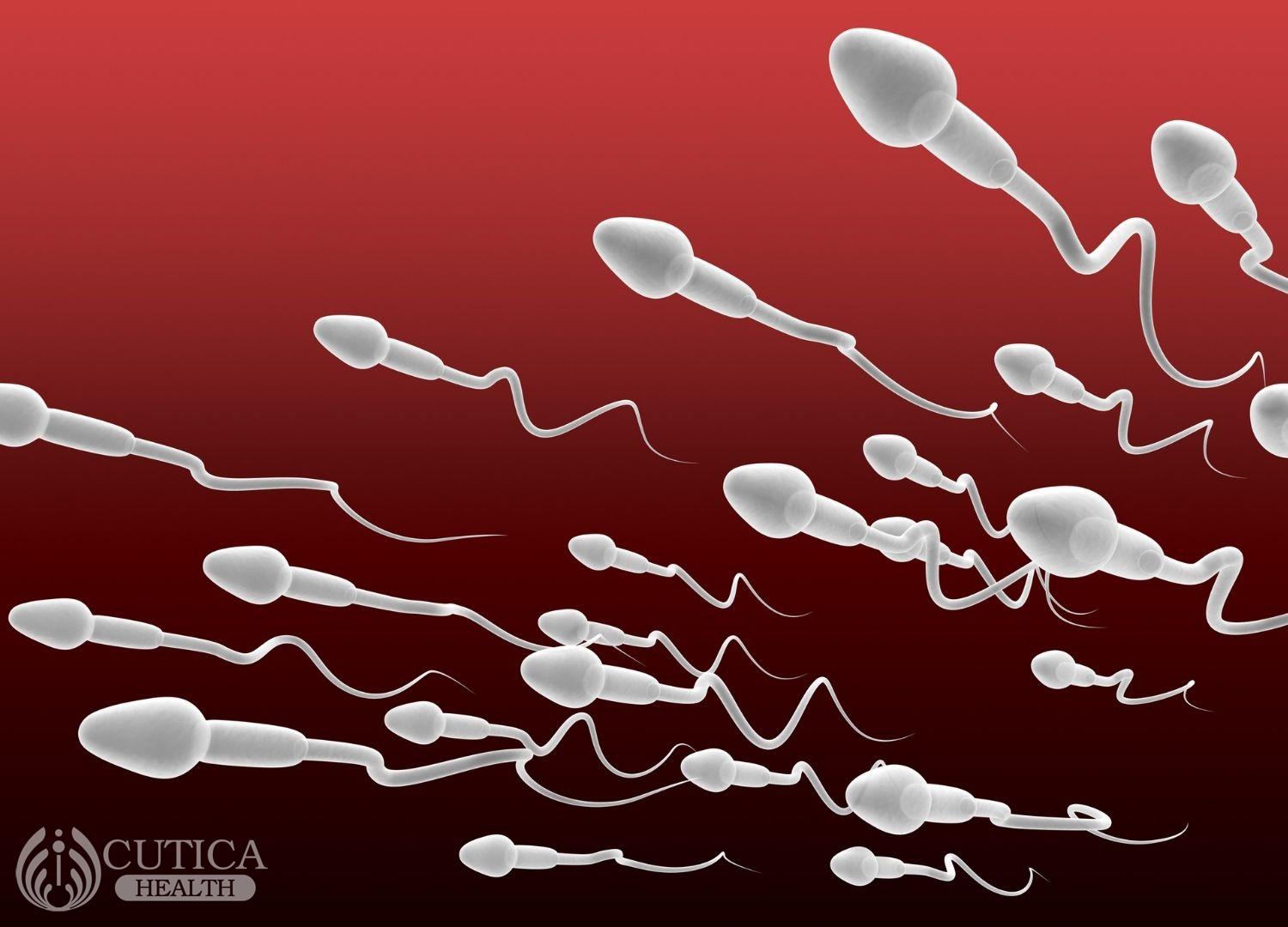Low Sperm Count refers to a reduction in the amount of sperm cells produced by a male for reproductive purposes. It is diagnosed when a man has fewer than 15 million sperms per millilitre of semen or ejaculate. It is a common condition, which has been plaguing many relationships and causing many marriages distress.

In many cases it’s not obvious what the cause is. But in some cases some causes have been identified. Common causes of low sperm count include;
- Hormonal imbalance: Hormonal problems such as low testosterone levels or high estrogen l levels in men can reduce sperm cell production.
- Being overweight or obese: These increase the risk of hormonal problems
- Genetic problem: These results in precipitously low sperm count due to a myriad of factors. Genetic problems could affect how the testes works, reducing the production of sperm cells.
- Damage to sperm transport: A blockage of, damage to or total absence from birth of structures that are involved in sperm production or transportation will result in low sperm count.
- For example, the tubes that carry sperm being damaged and blocked by illness or injury, or being absent from birth will result in low sperm count.
- Infections: A genital infection such as chlamydia, gonorrhoea or prostatitis (infection of the prostate gland) could impair sperm production and transport. Some of these infections happen in childhood such as mumps.
- Undescended Testes in Childhood: Usually, the testes descend into the scrotum before birth but if these fails and the testes remain up in the abdomen,it would destroy the testes and reduce sperm production.
- Varicoceles: This refers to enlarged veins in the testicles. These could damage the testes and impair sperm production.
- Previous surgery: Surgery on the testicles or around the testicles such as hernia repairs could result in damage to the structures.
- Excessive alcohol consumption, smoking and using drugs such as marijuana or cocaine: These substances have toxic effects on the testes.
For individuals with low sperm count, some steps that can be taken to address the attendant infertility are listed below. However, it is important to see your doctor to find out the cause to ensure appropriate treatment is prescribed.

Common treatment advice includes:
- Moderating your alcohol consumption and stopping smoking.
- Staying in good shape, exercising regularly and having a healthy, balanced diet.
- Hormonal treatment: Individuals with low reproductive hormones are offered medications that boost this hormone in the body to help improve their sperm count. But this is for individuals with identified causes of low sperm count.
- Surgery. For structural causes, such as varicocele or blockage of sperm cell channels, surgical treatments are offered to correct the problem.
- Exploring other options of achieving fertility such as In vitro fertilisation (IVF), Intracytoplasmic sperm injection (ICSI), Donor insemination, etc. may be an option if you have a slightly low sperm count and you’ve been trying to conceive naturally with your partner for at least 2 years. These options come with their requirements but are common ways of helping out couples with infertility.

There are a lot of other treatments for low sperm count depending on the cause and seeing your doctor will help you to access the best treatment possible.









